Since the day your child was born, you’ve been with them in the doctor’s exam room for everything from well visits to broken bones. But when your child enters adolescence, their doctor will probably ask you to leave the room so they can speak to your teen alone. Given all your involvement with their healthcare over the years, this moment may come as a shock to you. However, giving your teen time to speak to their doctor alone might be one of the best things you can do for their health.
When do doctors start speaking to teen patents alone?
In the Children’s National Hospital Adolescent Medical Clinic, we begin to speak to our adolescent patients alone when they turn 12. Typically, discussions start with parents and teens together, and then there is a designated time to have the parent step out.
What do doctors and teens talk about when I leave the room?
When we talk to teens, the conversation is to get a feel for what is going on in their life, including school, activities and social interactions. In addition, this is also a time to answer questions they have about their health or changing their health. The provider’s main goals during these discussions are keeping your child safe and ensuring they have the care they need.
S.H.A.D.E.S. approach
The Adolescent Medical Clinic at Children’s National takes a strengths-based approach, focusing on what your child is good at. The conversation also touches on areas regarding the patient’s home life, activities and school that could indicate whether their safety could be at risk due to drug use, sexual health risks or other concerns. Providers use the S.H.A.D.E.S. (or H.E.A.D.S.) approach to guide their questions when talking to adolescents.
S – Strengths (What are they good at?)
H– Home (What goes on at home?)
A – Activities (What are they involved with?)
D – Diet (Also covers drug use and signs of depression)
E – Education (How are they doing in school?)
S – Sexuality (Is their sexual health safe?)
Why is alone time between doctors and teens important?
Having time alone with their provider allows your teen to take ownership of their own healthcare. This designated alone time allows for patients to learn how to advocate for themselves and their health. Our main goal is for adolescents to be empowered to understand their health and navigate these discussions on their own.
What can I do to help?
We always encourage parents to take an active role in their child’s health. Setting up a time for your child to talk alone with their provider is a great way to prepare your child for the future as they grow into independent adults. You should continue to discuss sensitive and difficult issues with your children in your daily lives. The most important thing you can do is be open and supportive with your child as they face challenges throughout their development and be there for them when they are in need.
 https://riseandshine.childrensnational.org/wp-content/uploads/2025/09/heel-stick-feature.jpg
300
400
webteam
https://riseandshine.childrensnational.org/wp-content/uploads/2017/11/childrens_riseandshine_logo.jpg
webteam2025-09-04 15:25:362025-09-05 10:31:17What to expect with your newborn’s health screening
https://riseandshine.childrensnational.org/wp-content/uploads/2025/09/heel-stick-feature.jpg
300
400
webteam
https://riseandshine.childrensnational.org/wp-content/uploads/2017/11/childrens_riseandshine_logo.jpg
webteam2025-09-04 15:25:362025-09-05 10:31:17What to expect with your newborn’s health screening



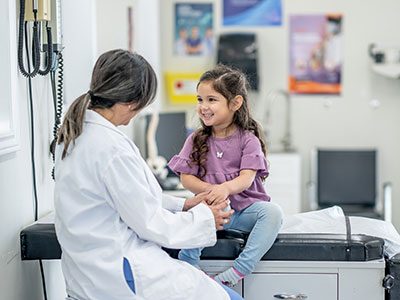
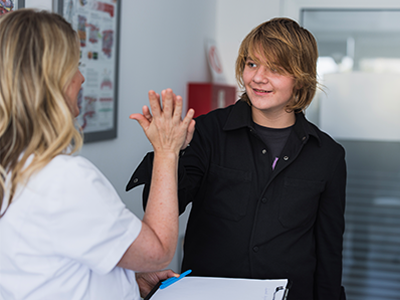
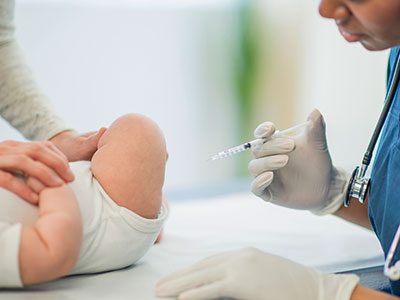

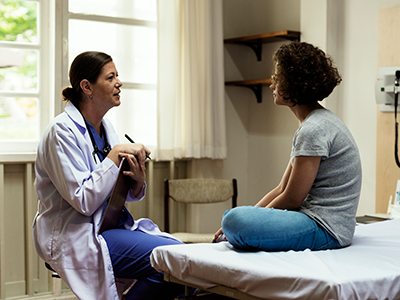


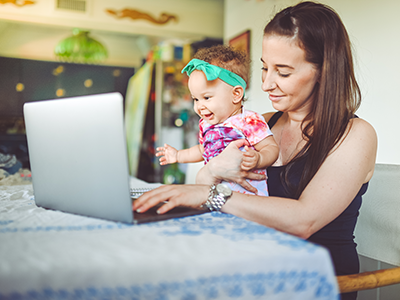
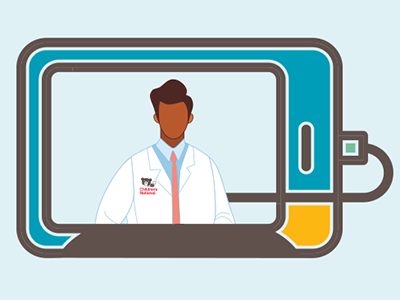
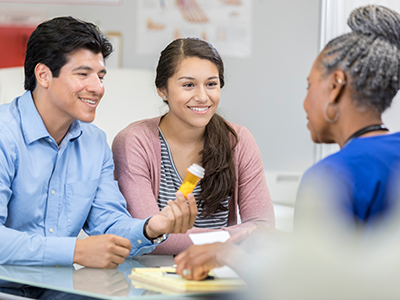
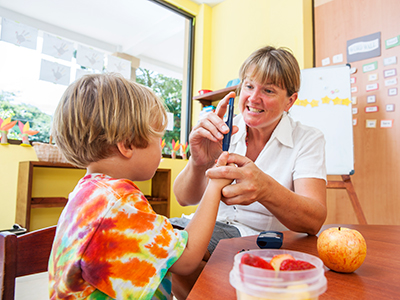


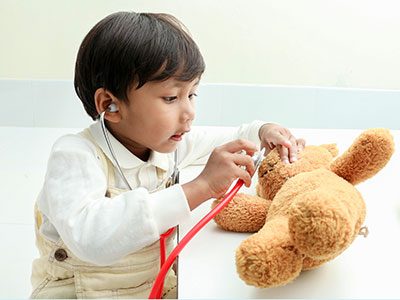
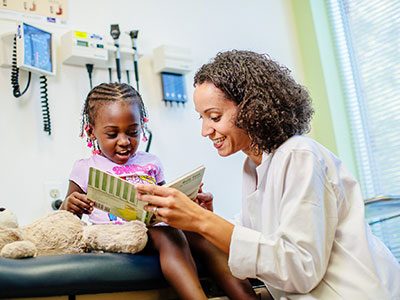

Leave a Comment
Want to join the discussion?Feel free to contribute!